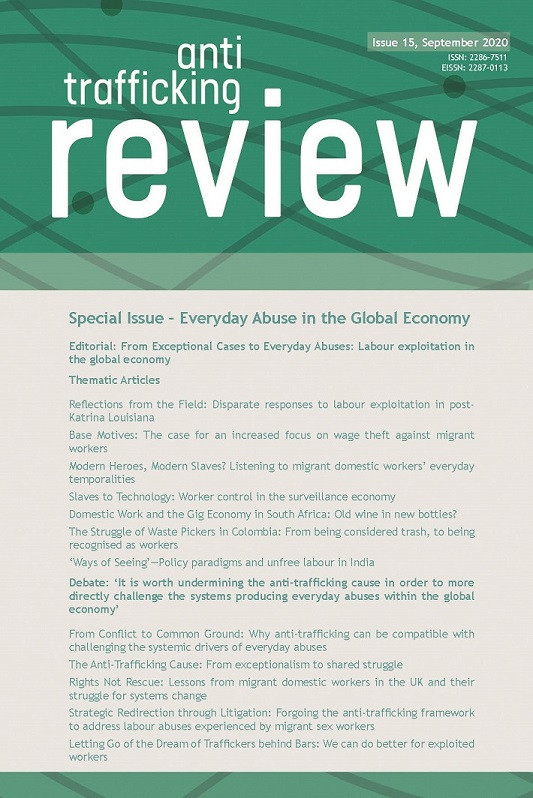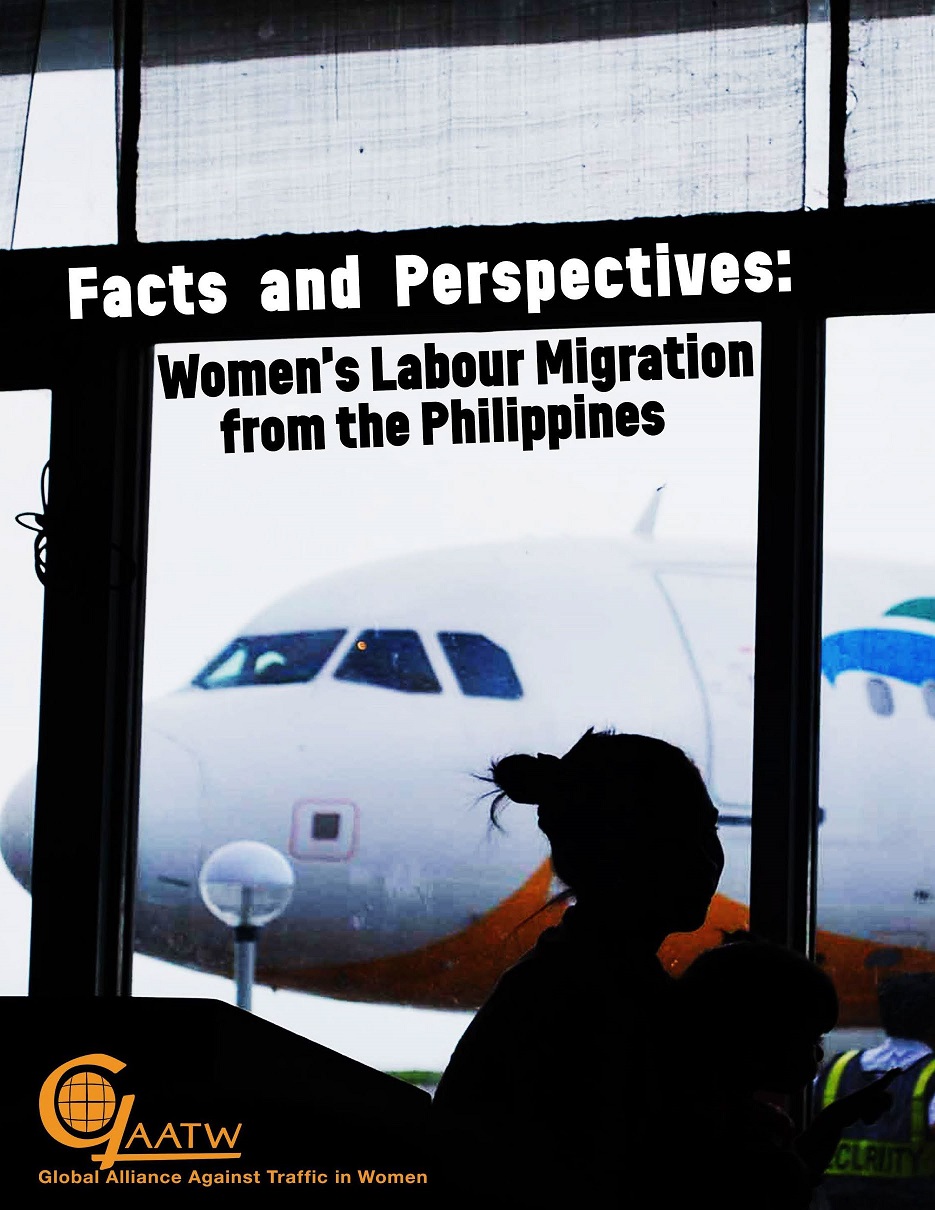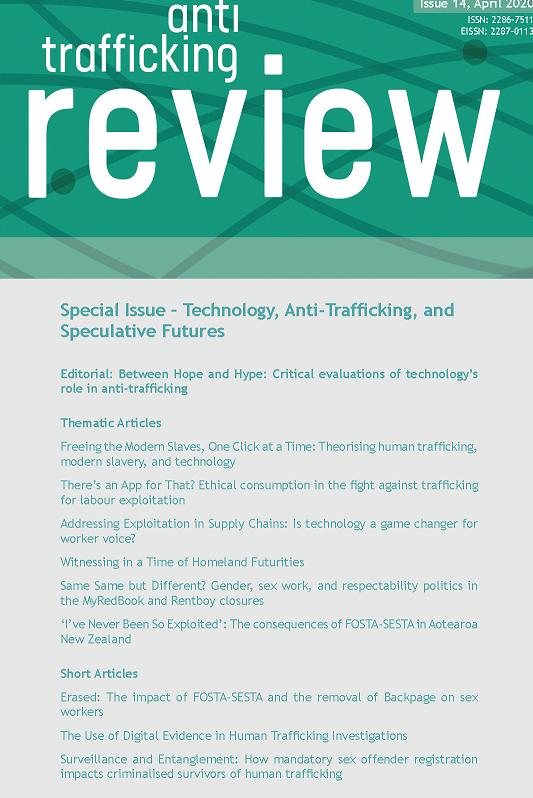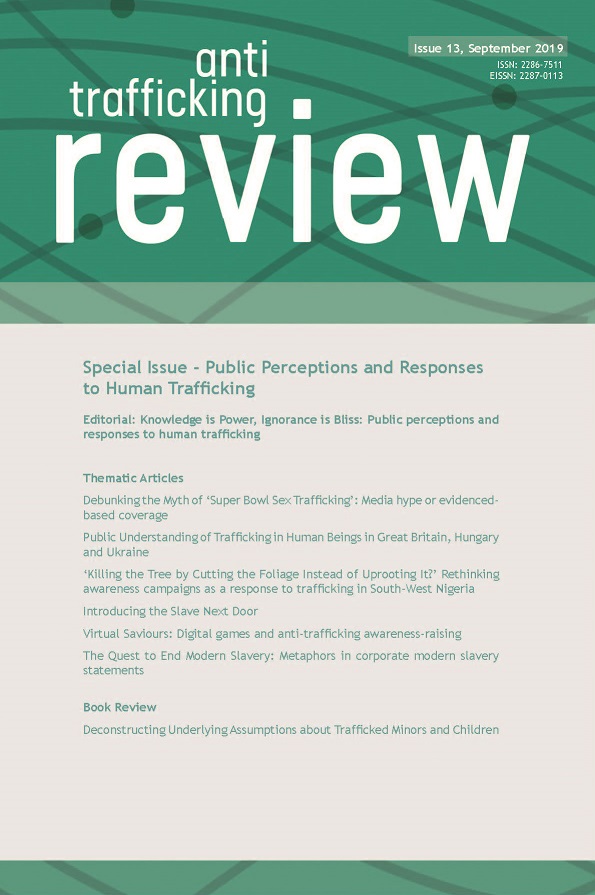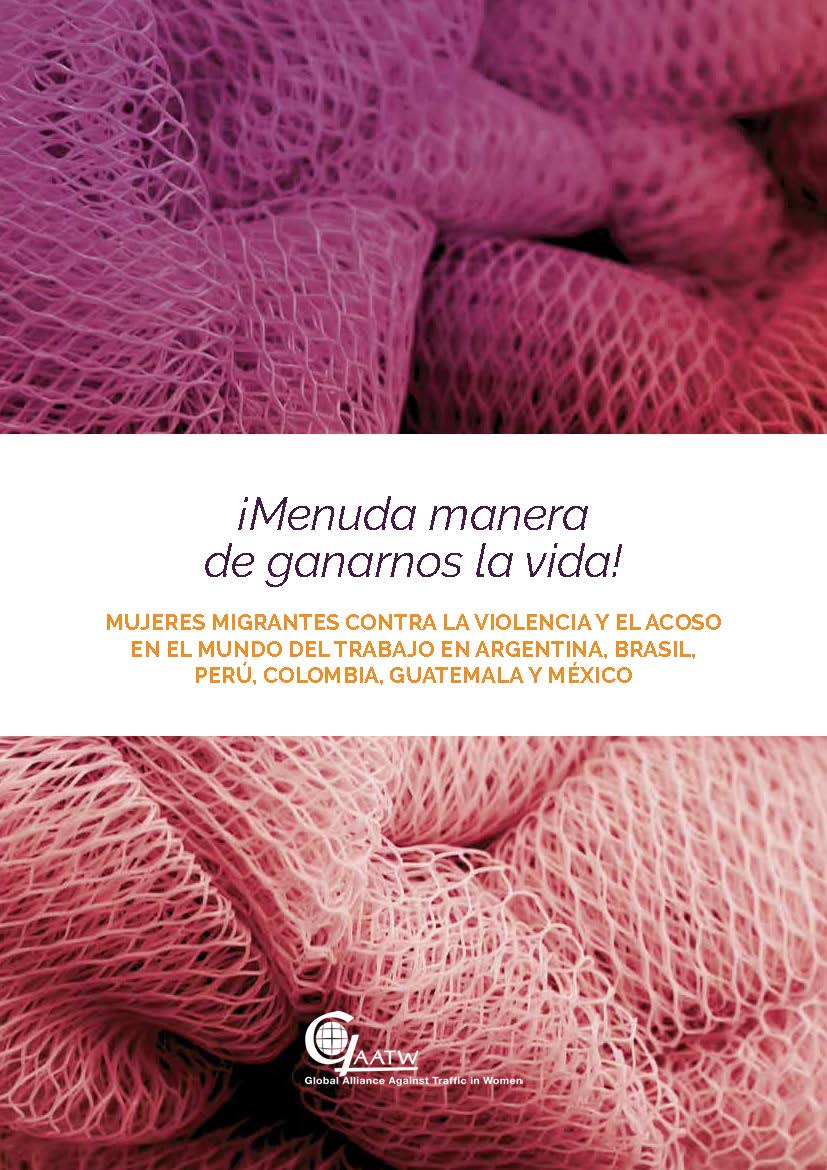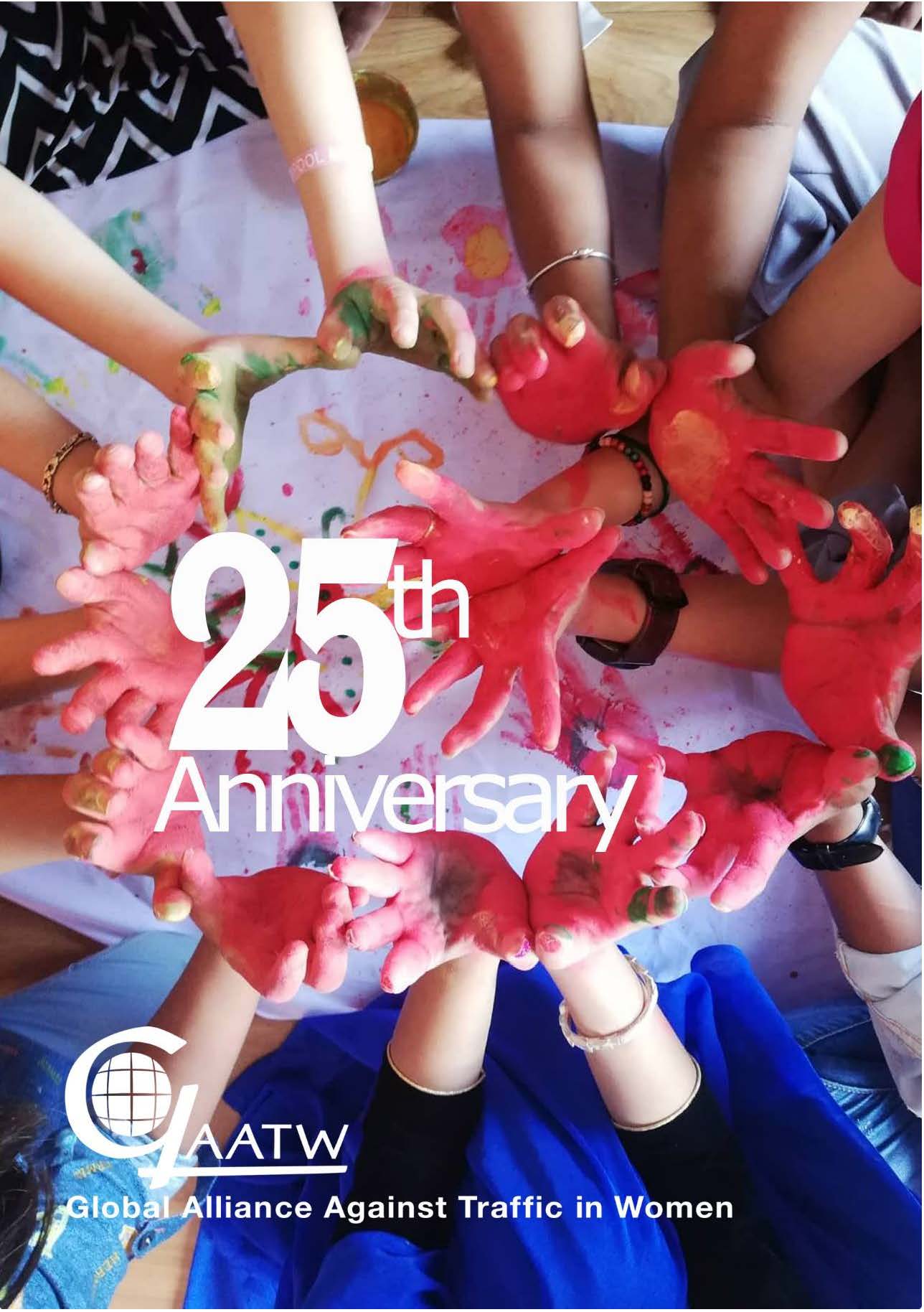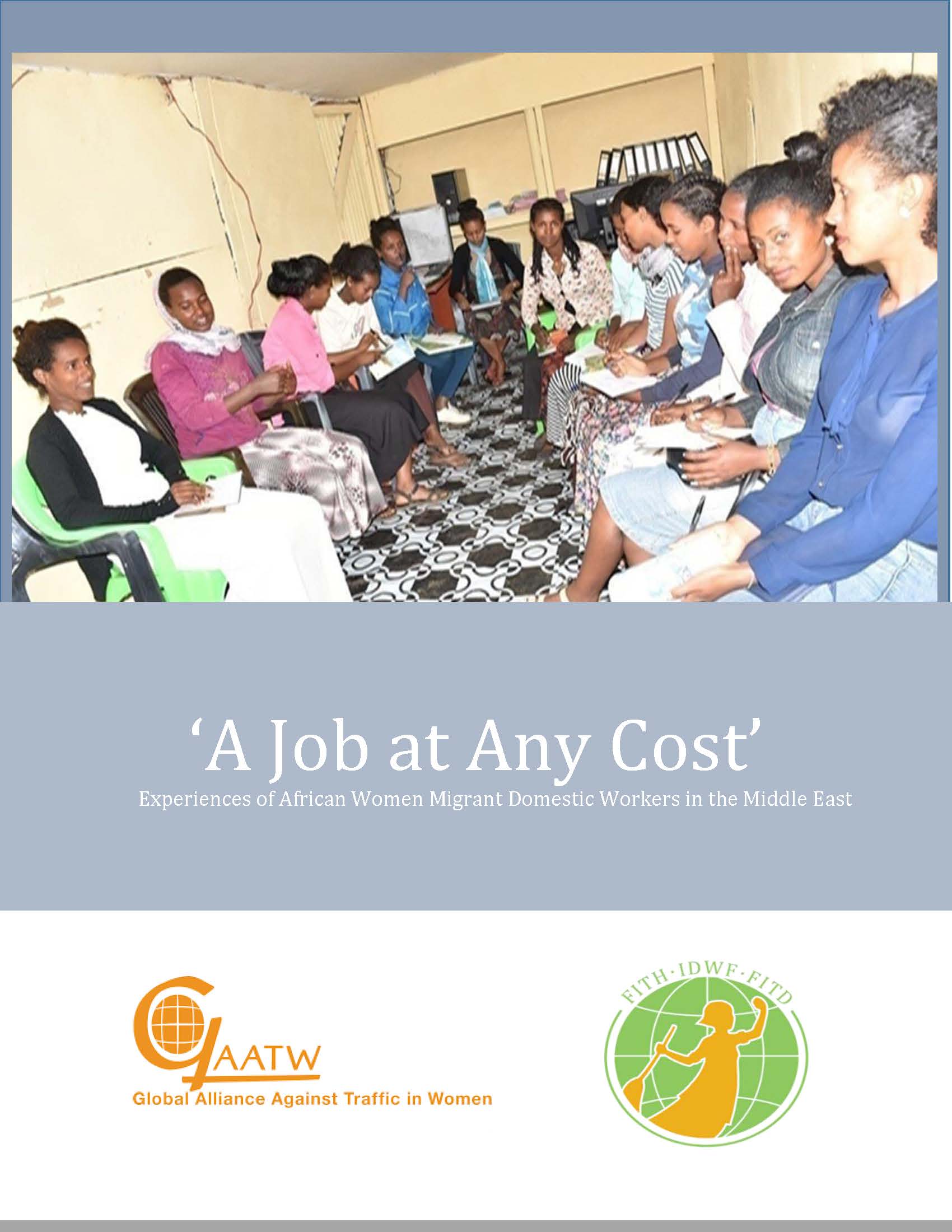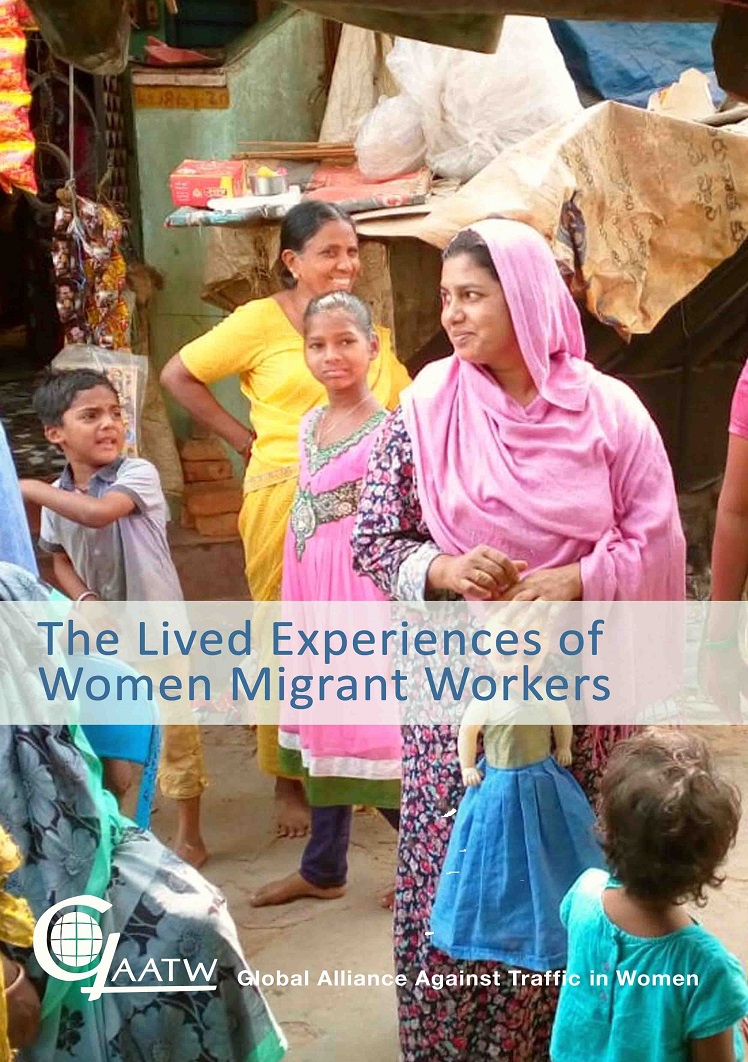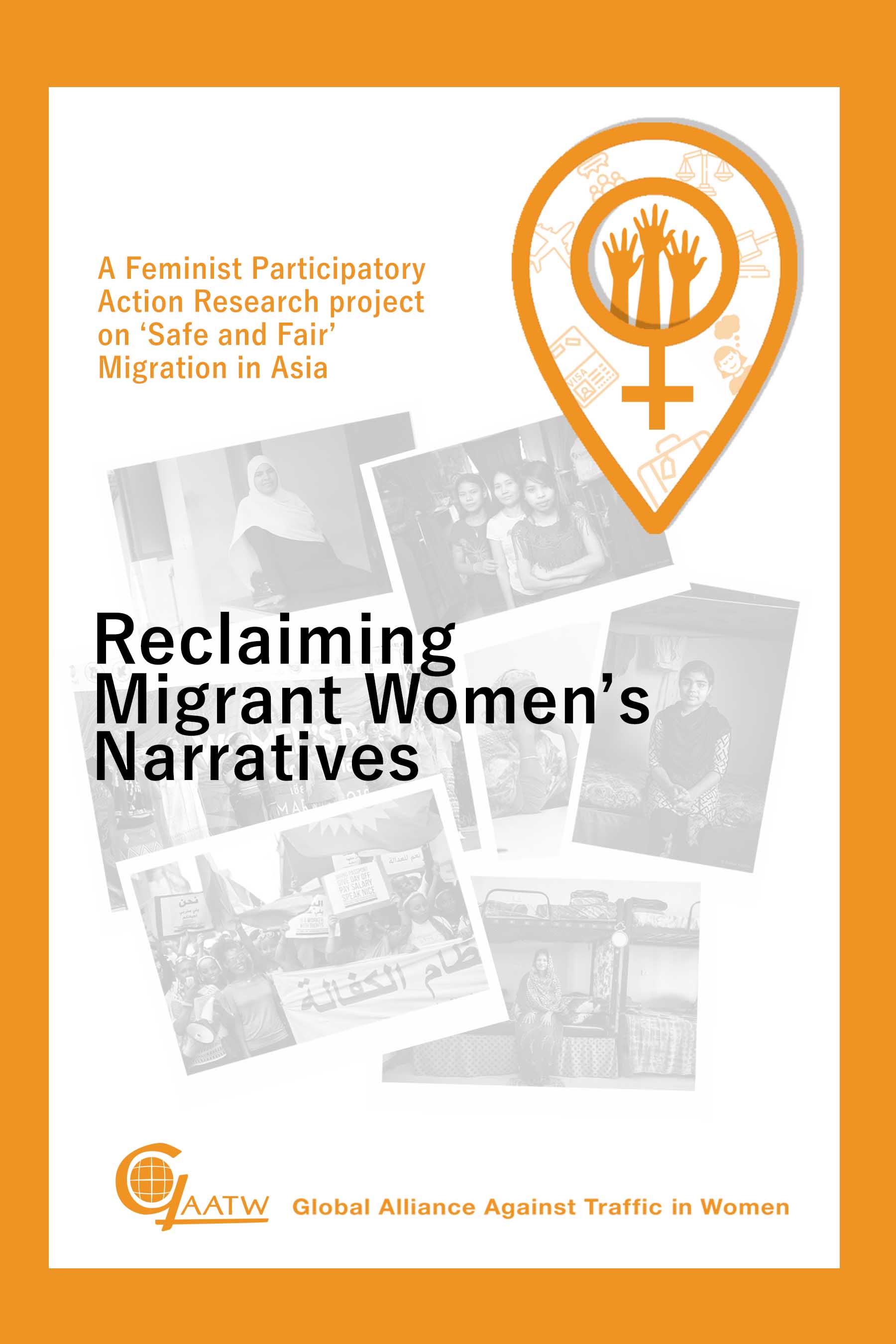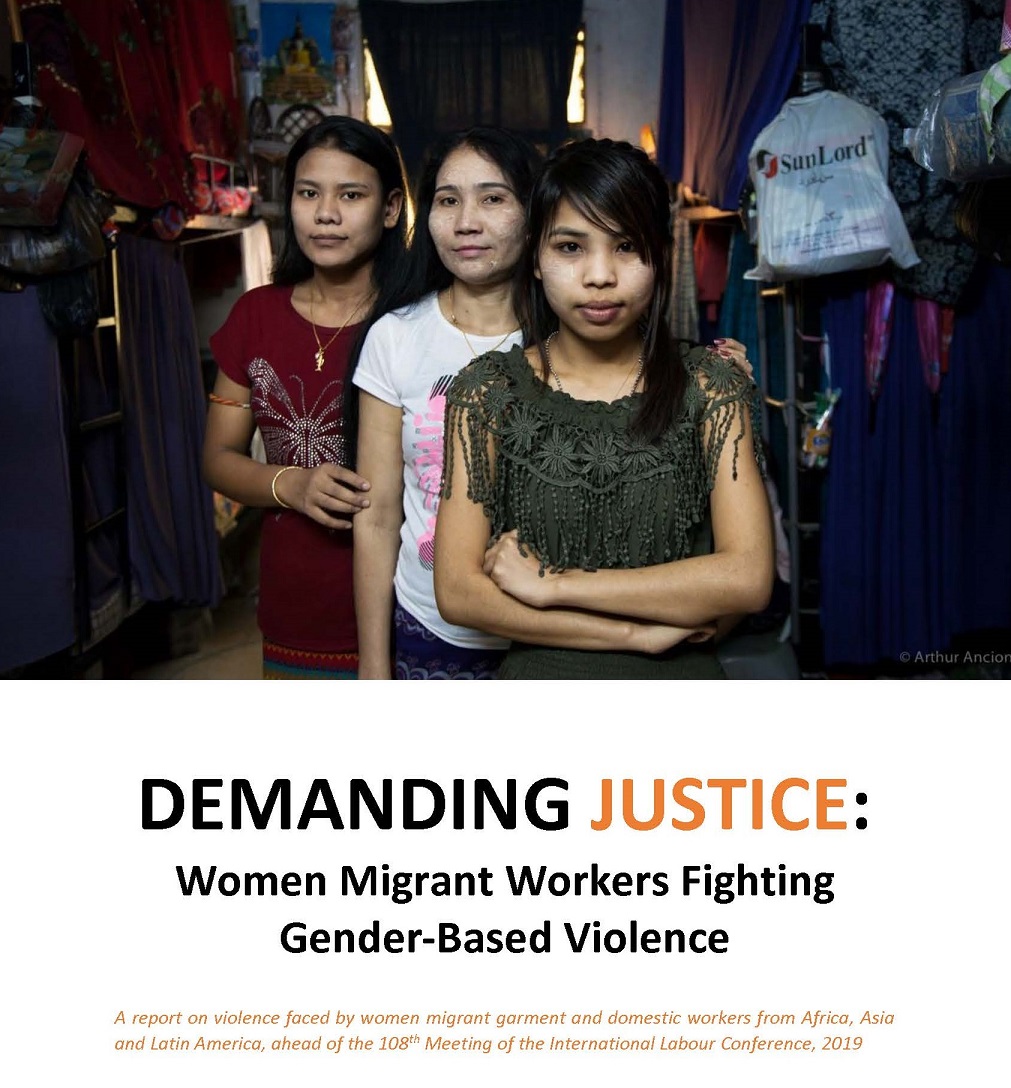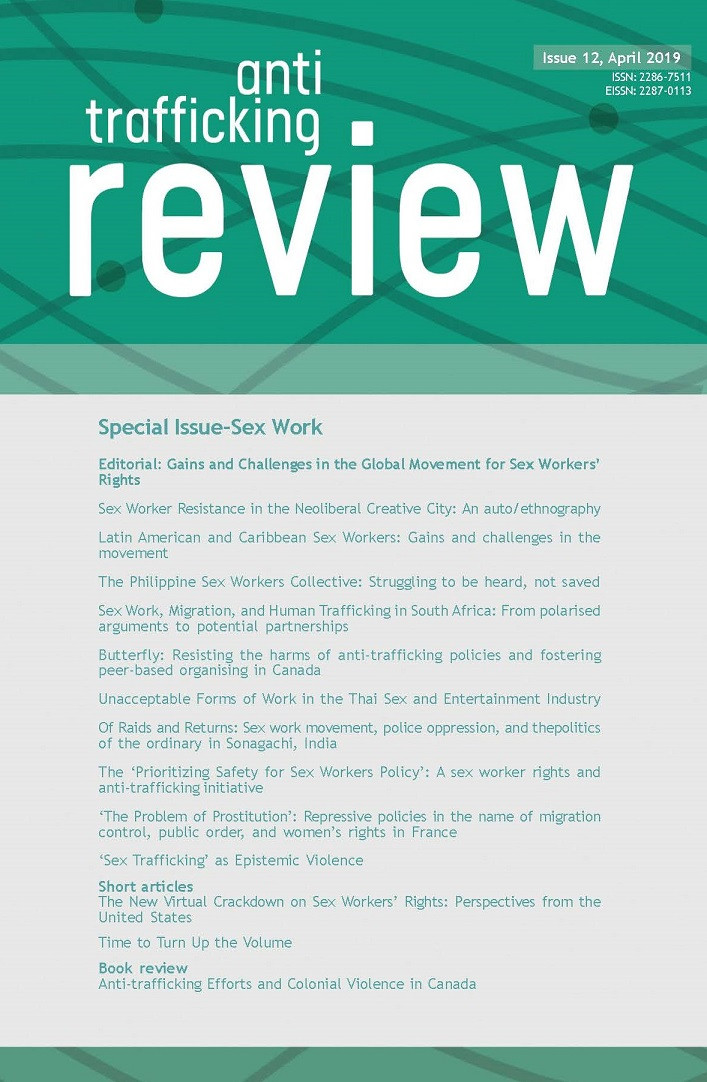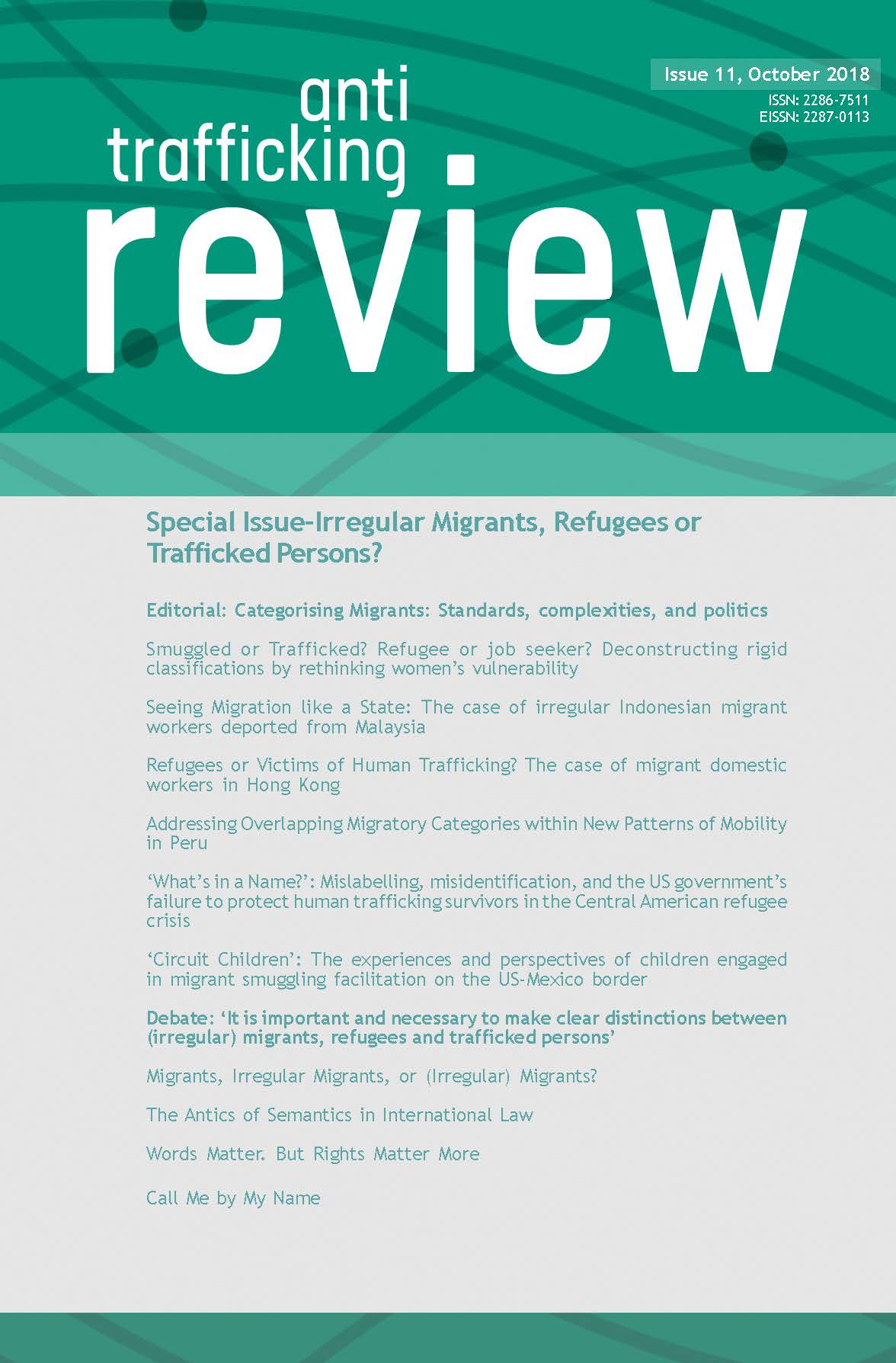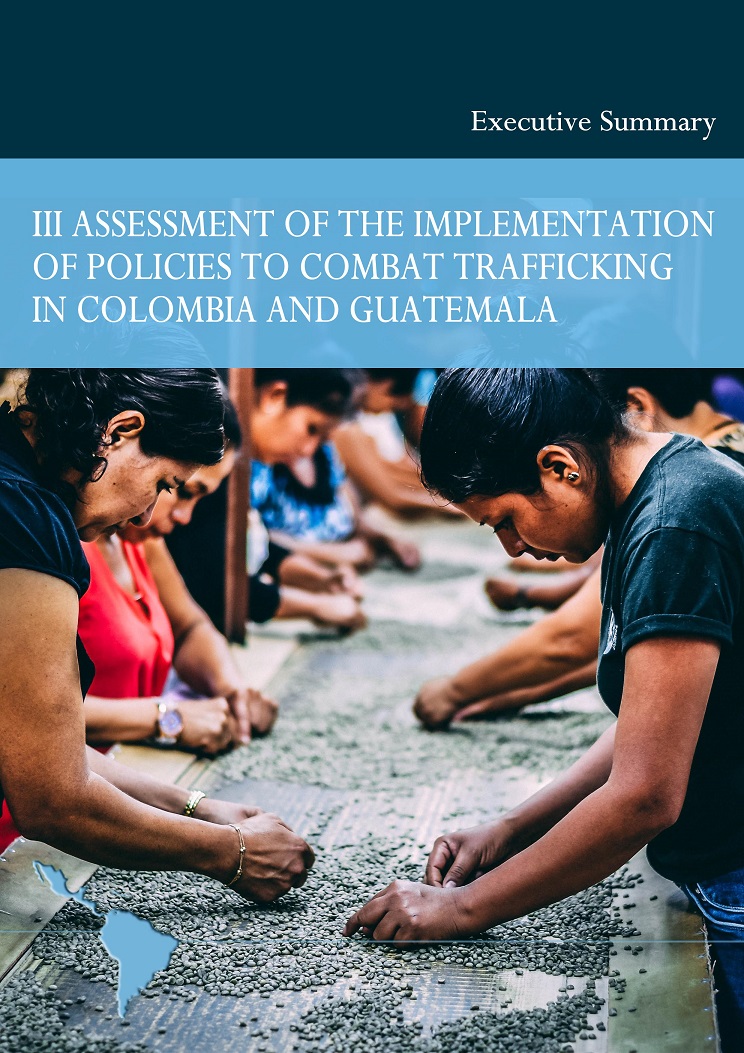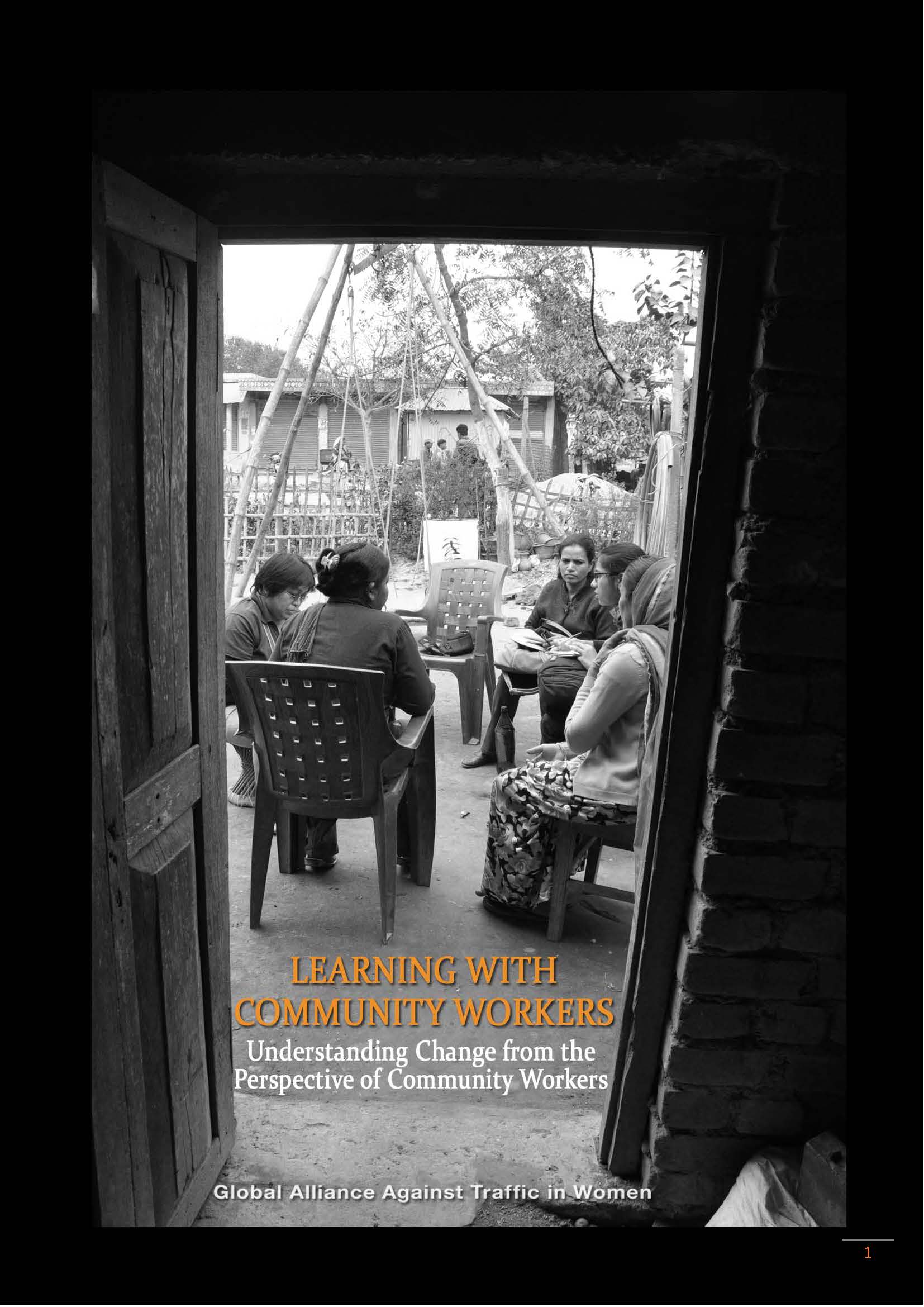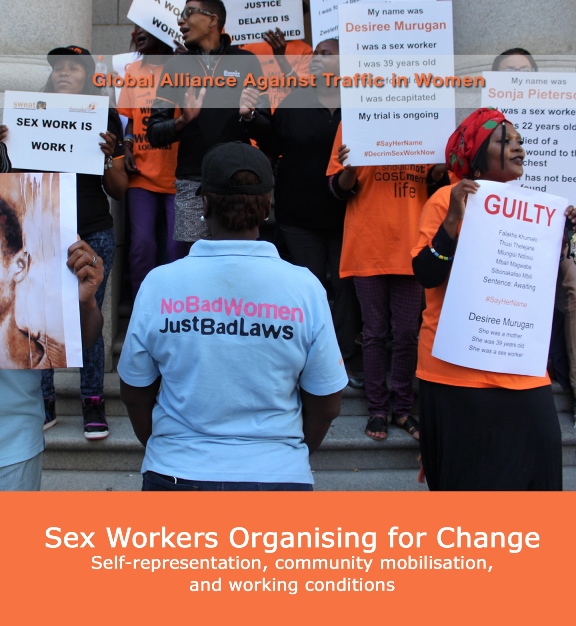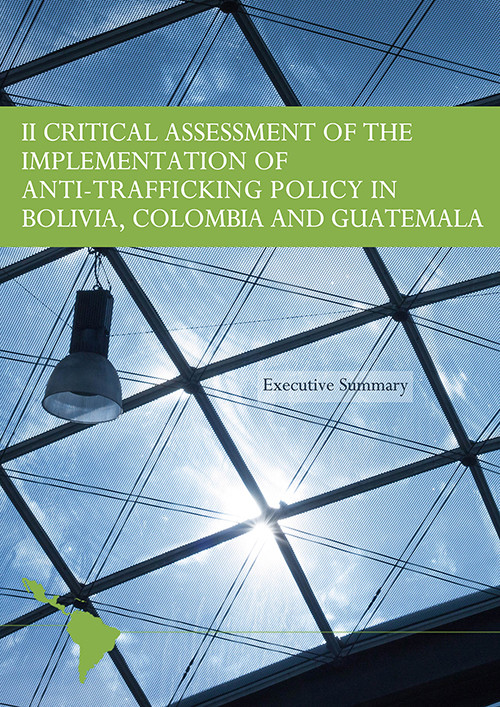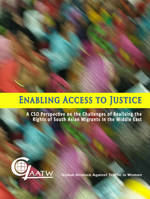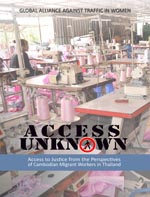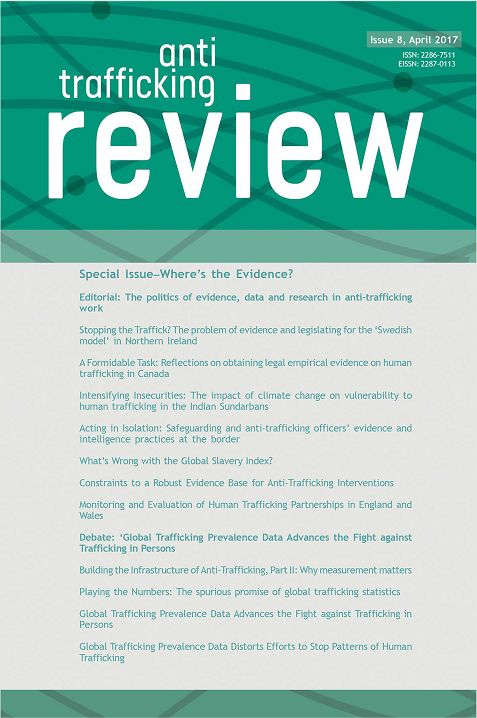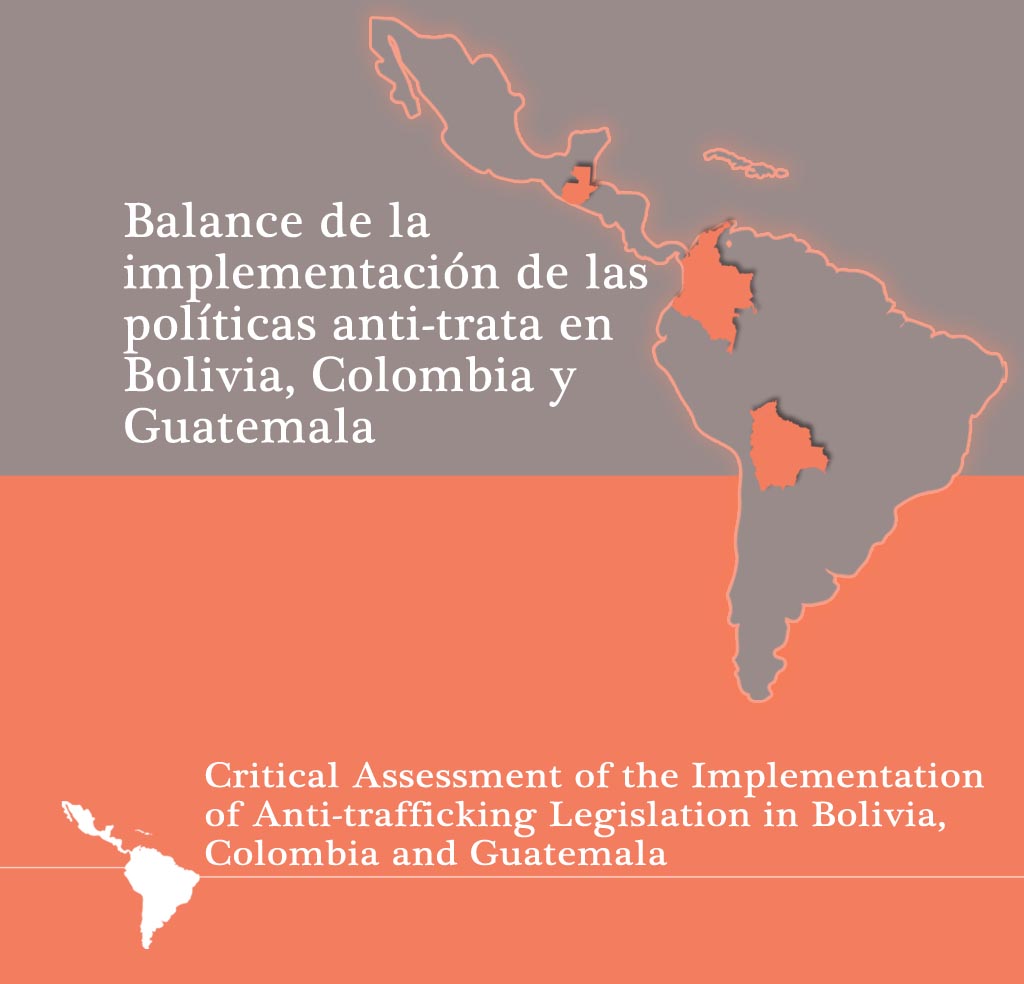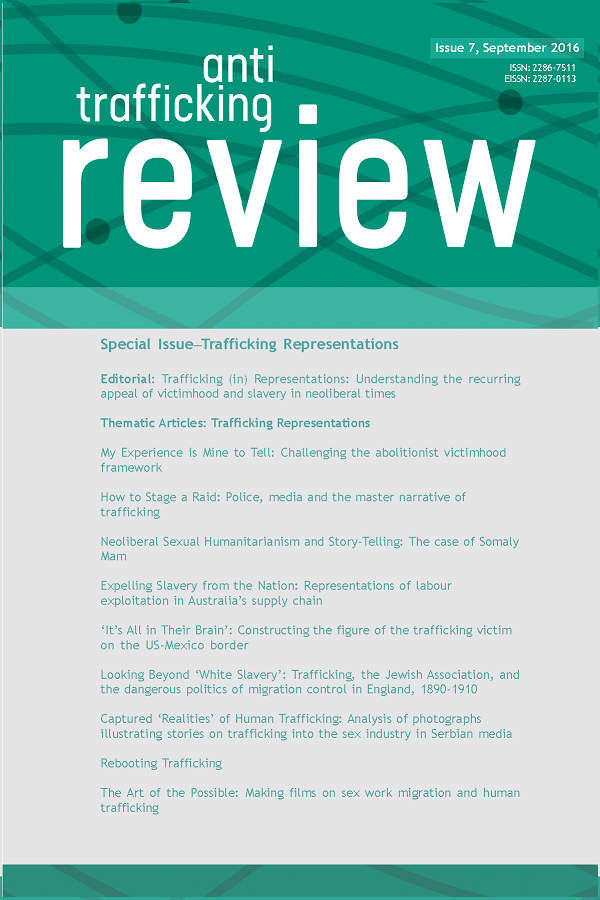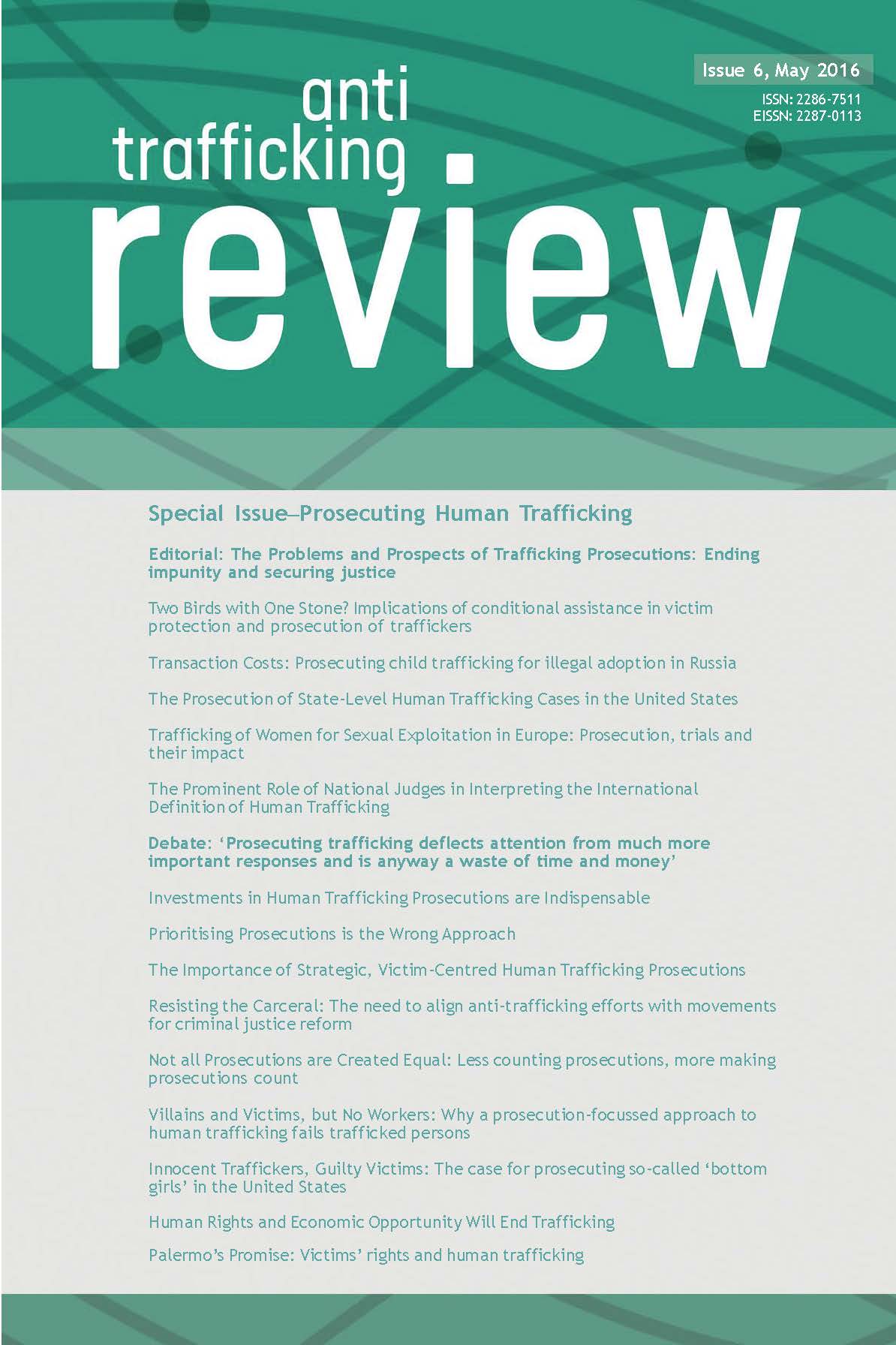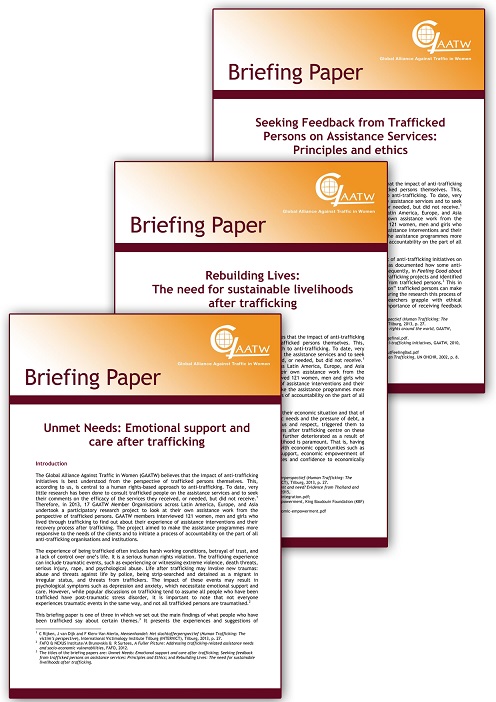Advocacy
From GAATW’s beginnings in the early 1990s, advocacy has been a core part of our work. GAATW-IS supports Member’s advocacy by developing advocacy tools for Member Organisations; ensuring evidence-based policy making; identifying opportunities for advocacy in international human rights treaty bodies and mechanisms; advocating for human rights principles in criminal justice frameworks; shifting public narratives around trafficked persons by working with media; and calling for the accountability of anti-trafficking stakeholders in all responses to trafficking.
GAATW identifies opportunities for advocacy at the international level, both to advocate to the governments of the countries we research and to share our analysis with other states and the broader NGO community.
Achievements to date include: joining a coalition of groups to call for an internationally recognised definition of trafficking, now enshrined in the Human Trafficking Protocol; demanding and ensuring greater human rights protections for migrant women through the United Nations process; raising awareness of the dangers of anti-trafficking approaches that are not grounded in the lived experiences of trafficked persons; and building a strong network of advocates for trafficked persons’ rights worldwide.
GAATW’s international advocacy work has been facilitated by the Alliance successfully obtaining consultative status with the Economic and Social Council (ECOSOC) of the United Nations in 2006.
From GAATW’s beginnings in the early 1990s, advocacy has been a core part of our work. GAATW-IS supports Members’ advocacy by developing advocacy tools; ensuring evidence-based policy making; identifying opportunities for advocacy in international human rights treaty bodies and mechanisms; advocating for human rights principles in criminal justice frameworks; and pushing for feminist responses to trafficking by anti-trafficking stakeholders.
GAATW conducts advocacy at the international and regional level, to both influence international laws, policies and practices in the sphere of migration, labour rights and anti-trafficking, and also to encourage progressive reforms by the governments of the countries that our Members work in. GAATW also seeks to influence the advocacy priorities of the broader NGO community through our research and analyses.
Achievements to date include: joining a coalition of groups to call for an internationally recognised definition of trafficking, now enshrined in the UN Protocol to Prevent, Suppress and Punish Trafficking in Persons, Especially Women and Children; demanding and ensuring greater human rights protections for migrant women through the United Nations processes; raising awareness of the dangers of anti-trafficking approaches that are not grounded in the lived experiences of trafficked persons; and building a strong network of advocates for trafficked persons’ rights worldwide.
GAATW has been granted consultative status with the Economic and Social Council (ECOSOC) of the United Nations since 2006.
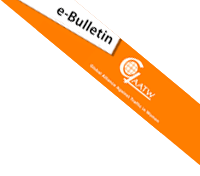


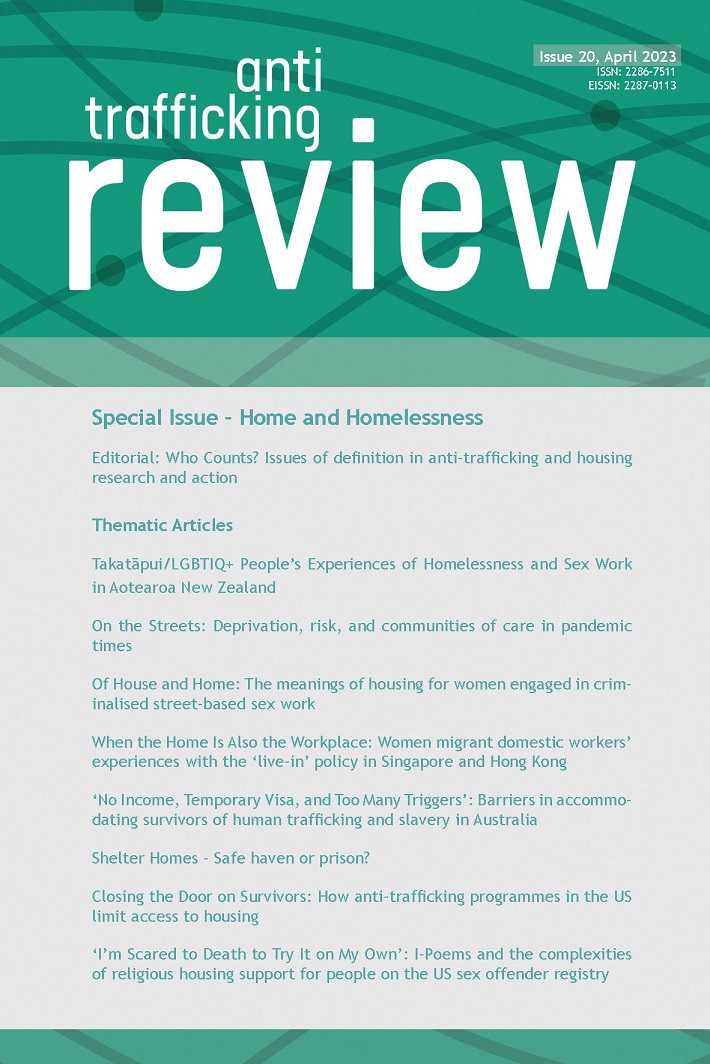
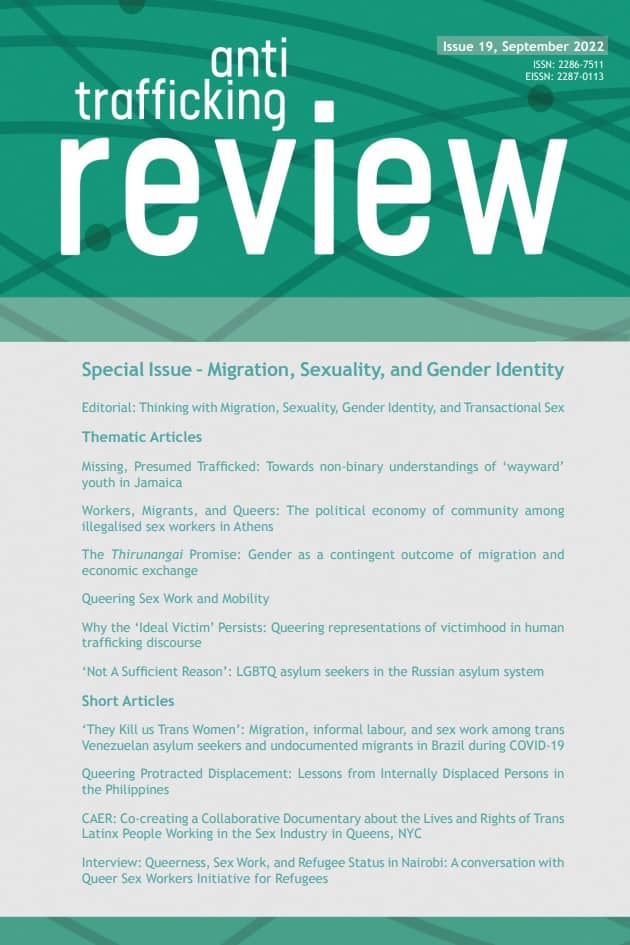
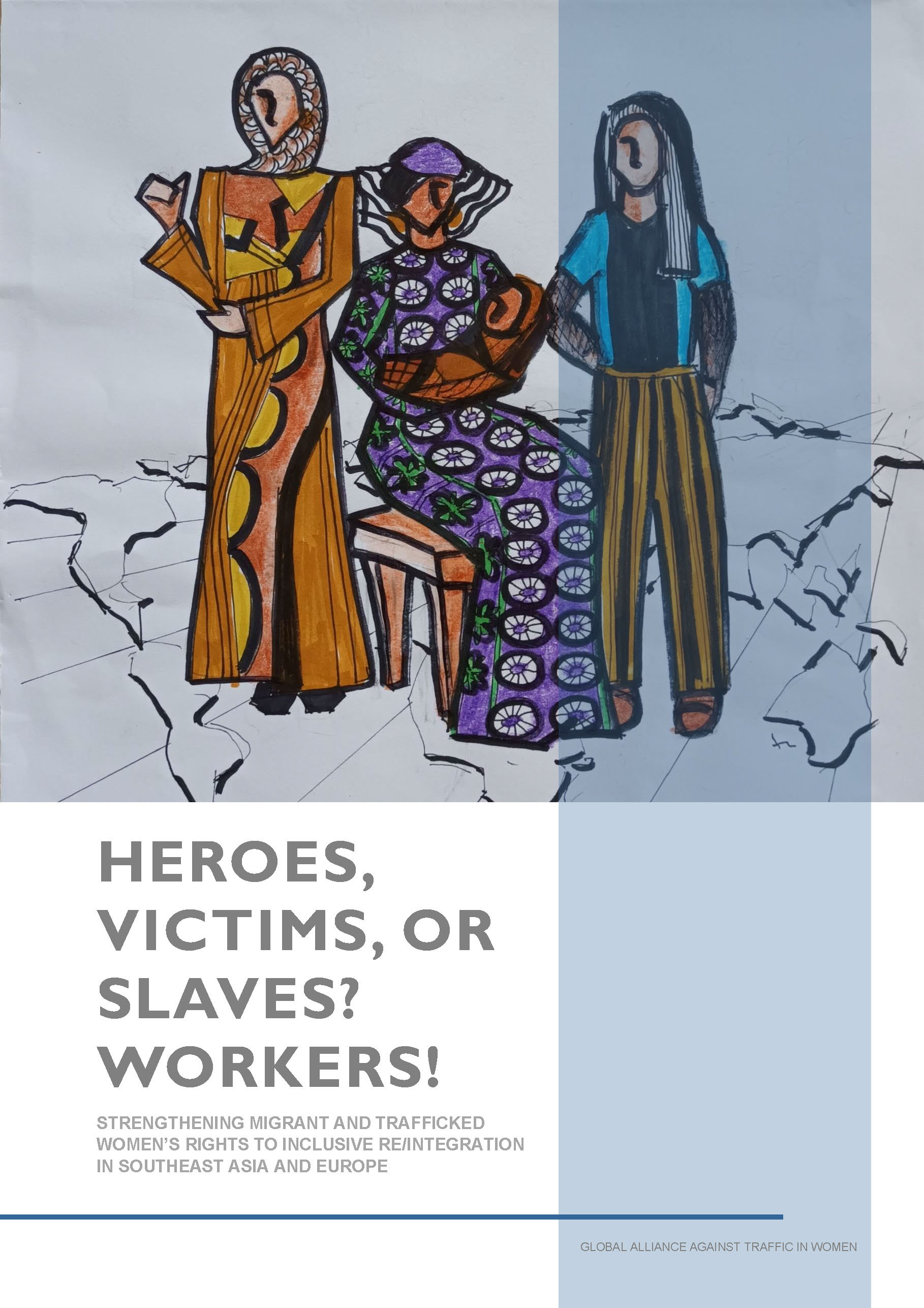
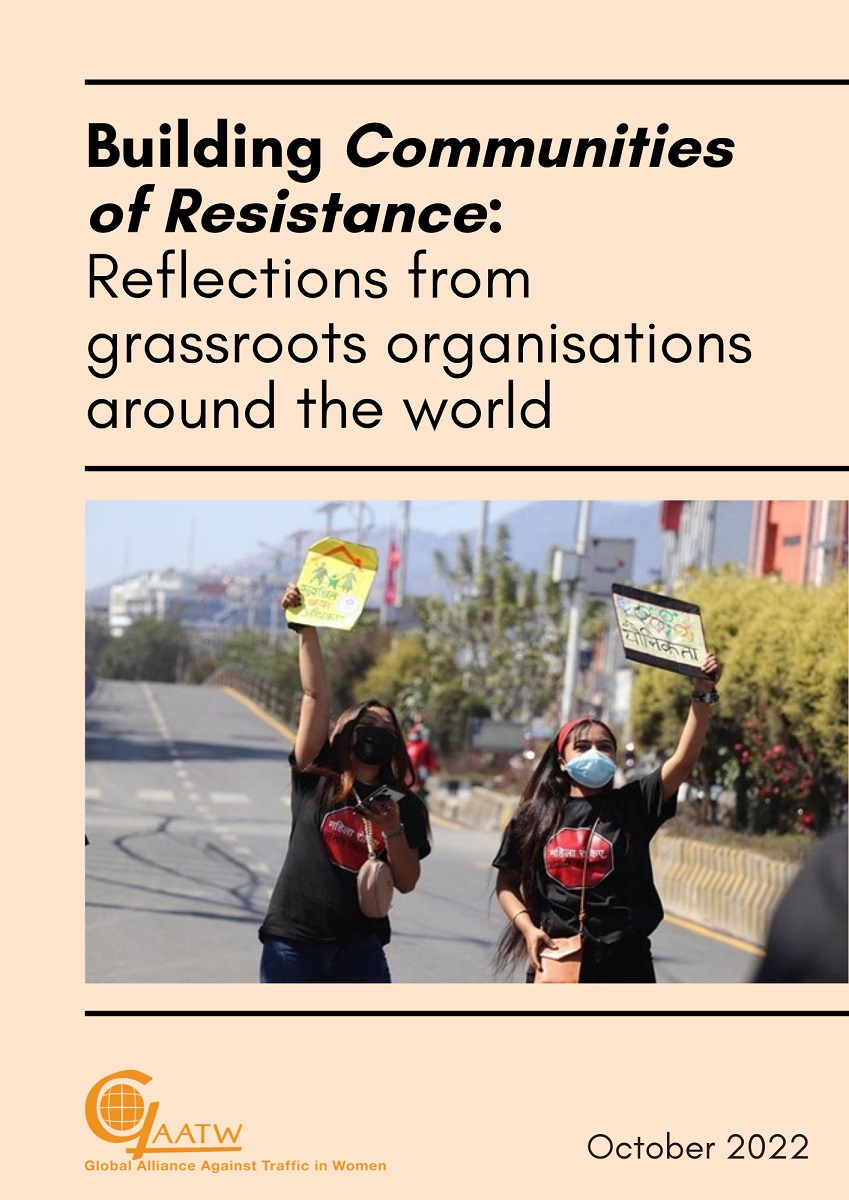
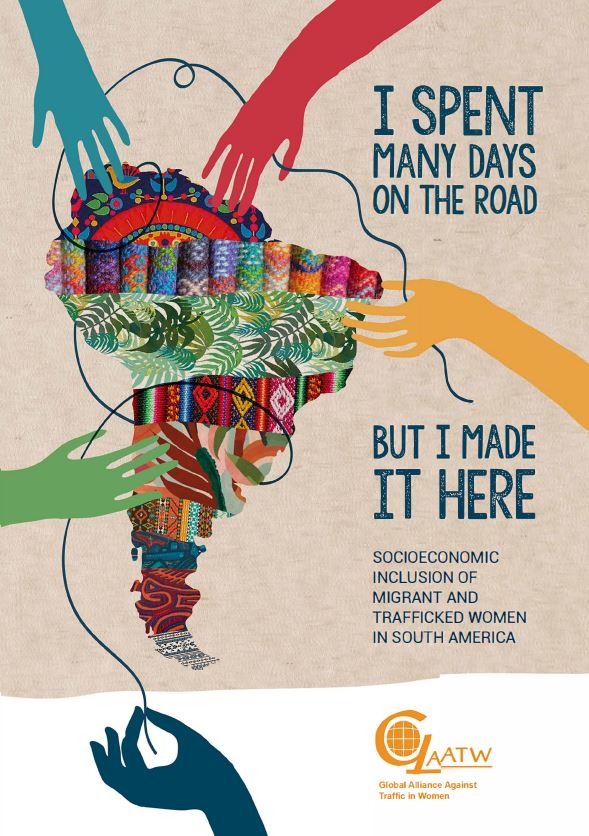
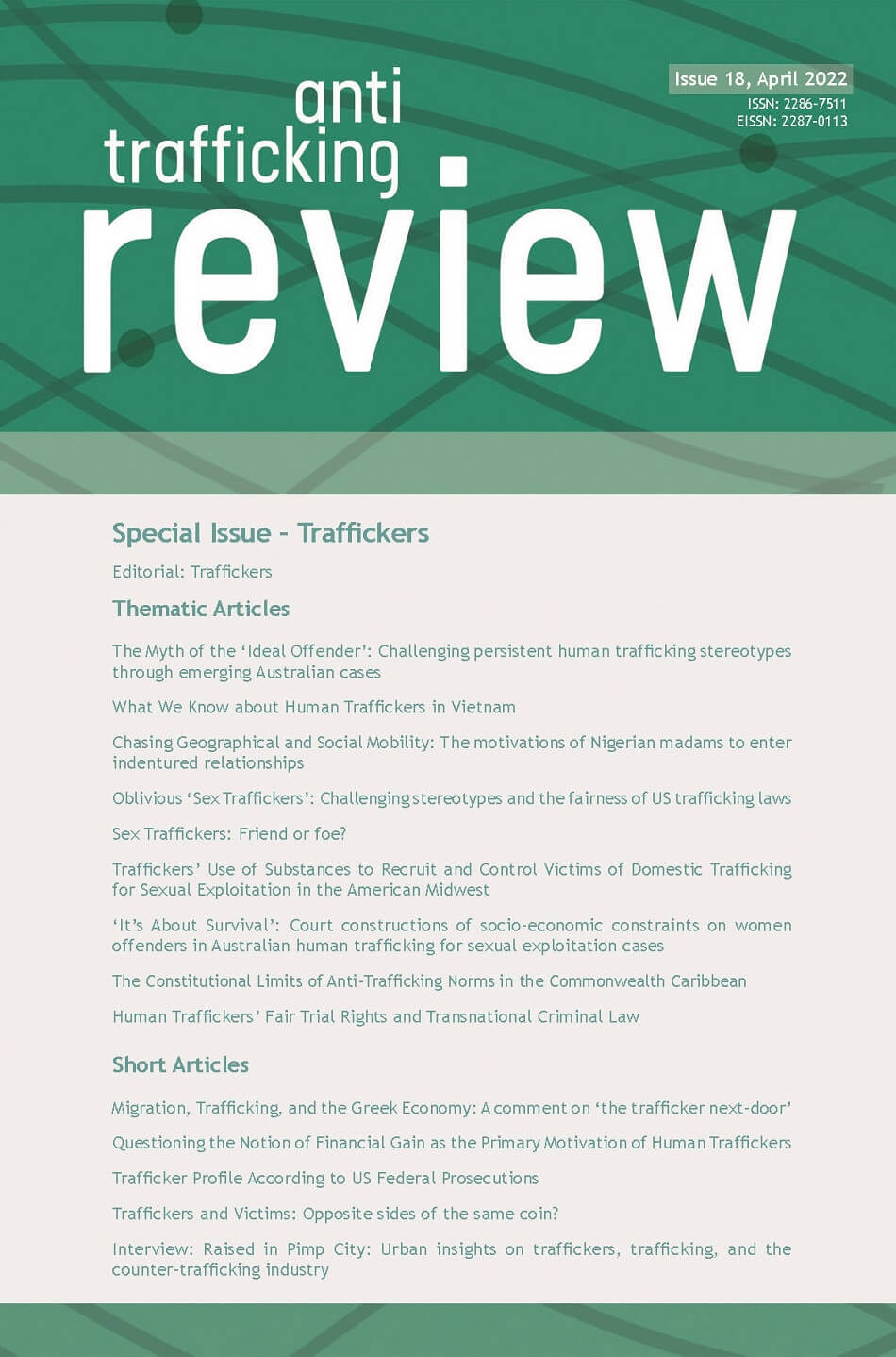
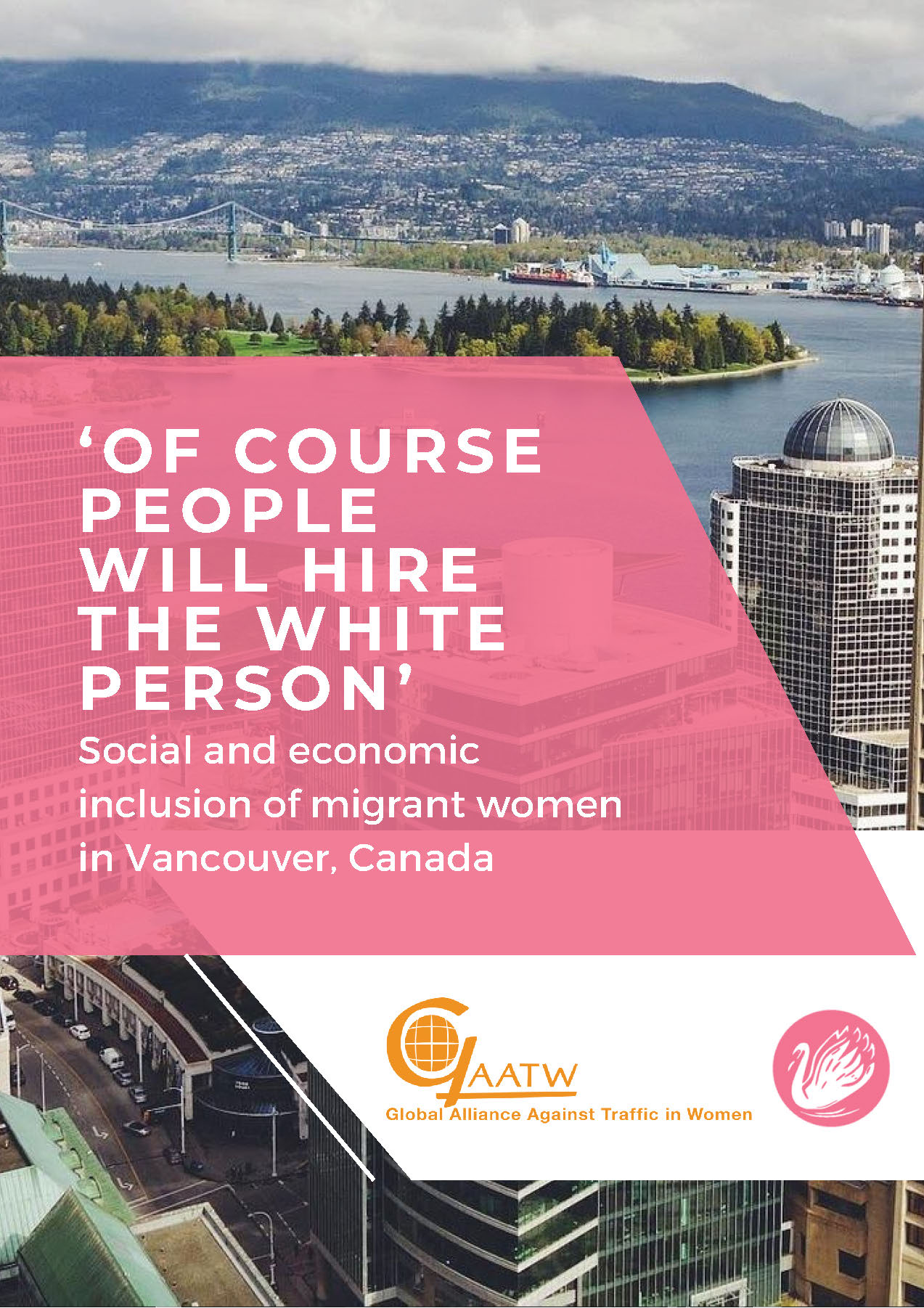
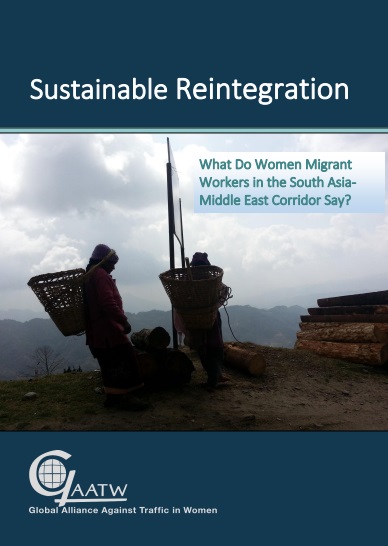
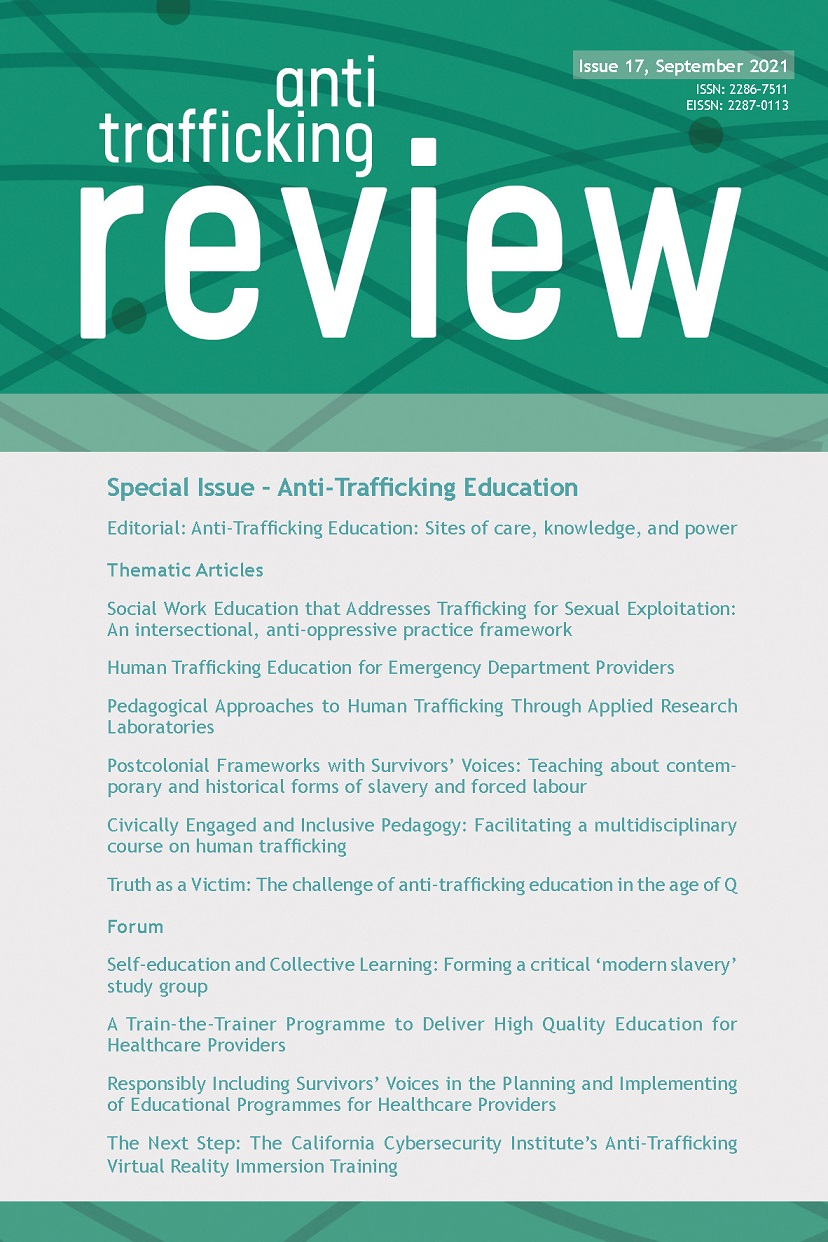
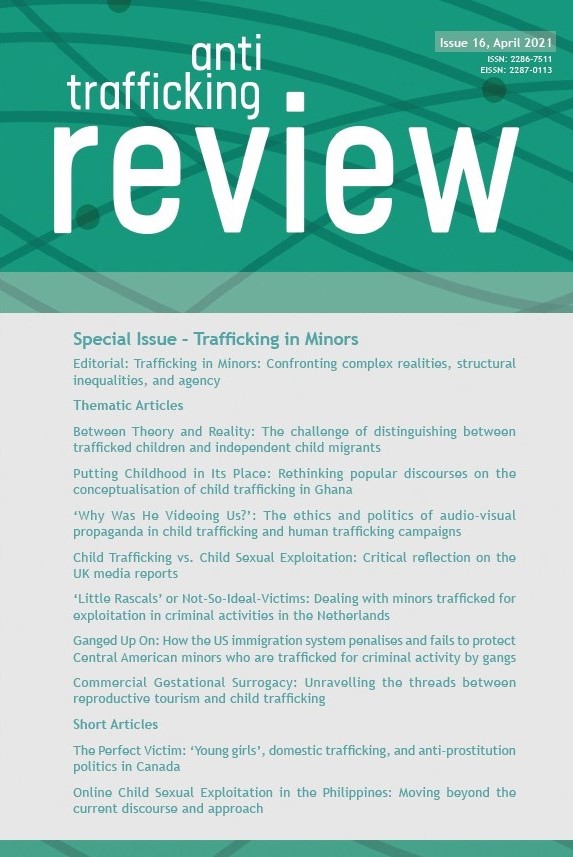
.pdf - Adobe Acrobat Pro 2_8_2021 4_36_32 PM.png)
